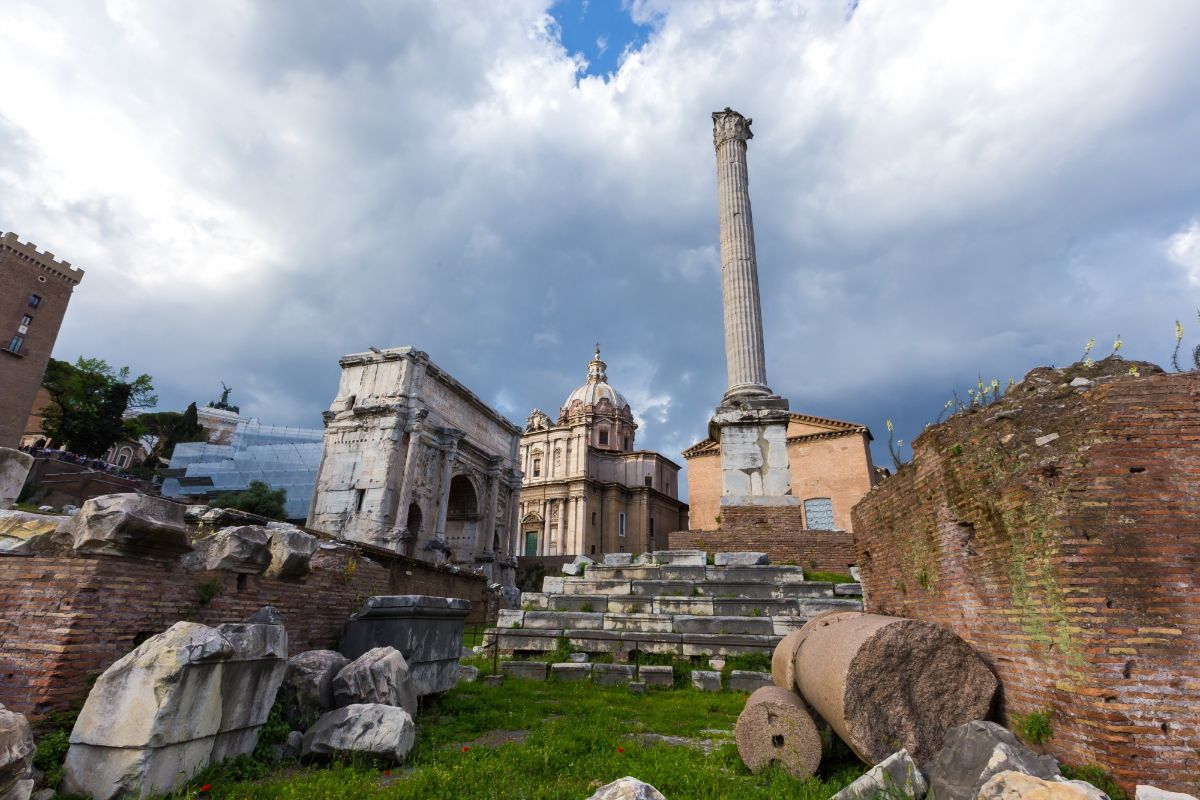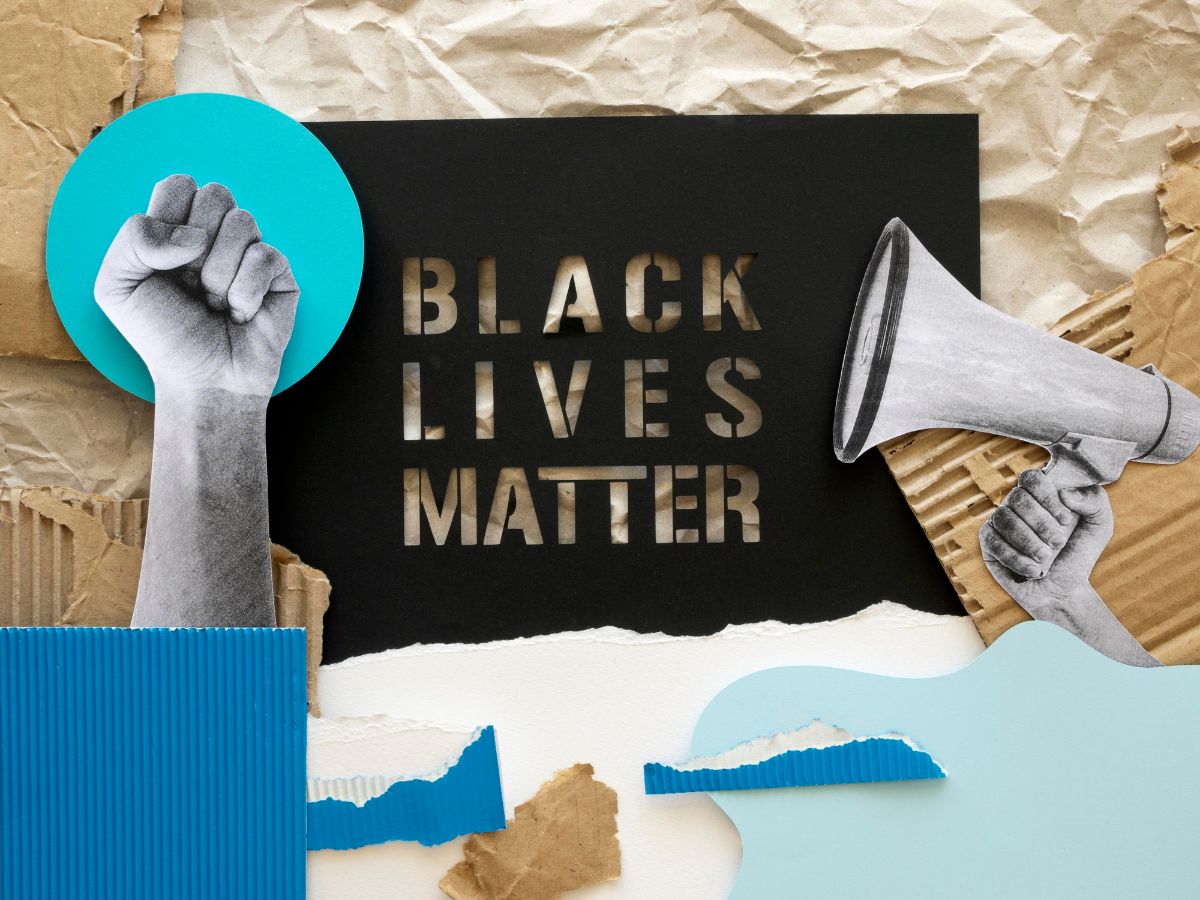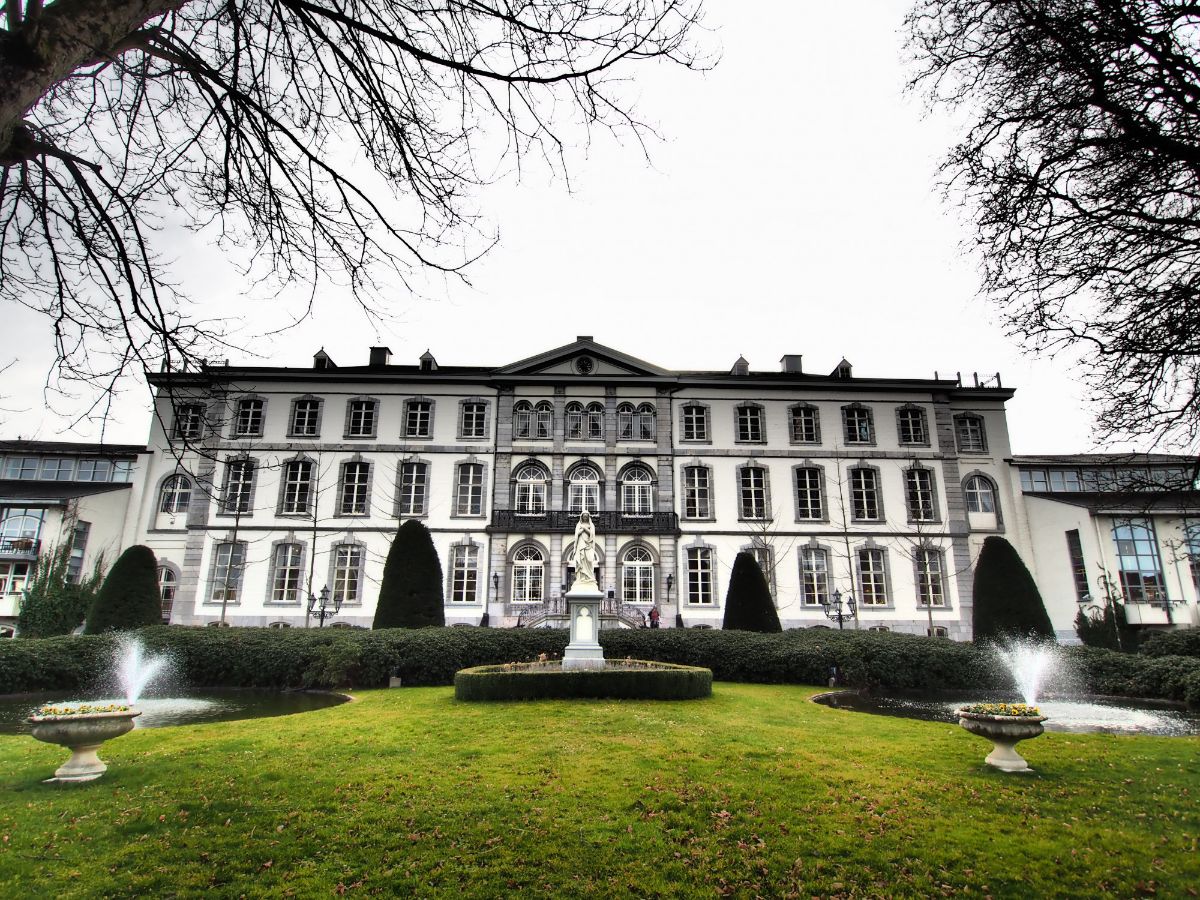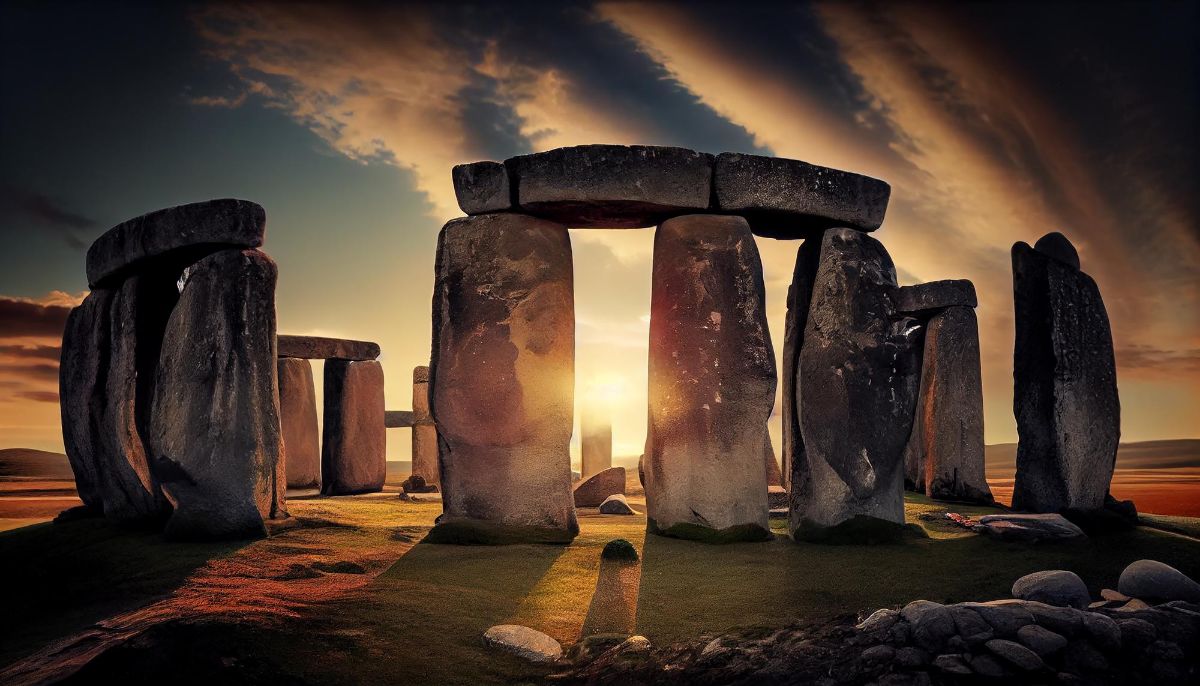In the tapestry of world history, the story of the American people is a fascinating and complex narrative. From the earliest indigenous civilizations to the waves of European immigrants and the struggles and triumphs of the modern era, the history of the American people is a rich tapestry that has shaped the United States into what it is today, exploring the key events, personalities, and milestones that define A history of the American people.
Pre-Colonial America Native American Cultures and Civilizations
Long before the arrival of European explorers, the vast land now known as the United States was home to a diverse tapestry of Native American cultures and civilizations. These native peoples, often erroneously referred to as “Indians” due to a historical misnomer, had rich and varied ways of life, each unique to their region. From the sprawling Pueblos of the Southwest to the nomadic tribes of the Great Plains and the intricate societies of the Eastern Woodlands, Native Americans had distinct languages, traditions, and belief systems.
Arrival of European Explorers A History of the American People
The late 15th century began European exploration and the subsequent arrival of European explorers on American shores. Christopher Columbus, sailing under the Spanish flag, made his famous voyage in 1492, thinking he had reached the “Indies” in Asia. This monumental mistake would lead to the misnaming of Native Americans as “Indians.” A history of the American people.
Impact of Exploration on Native Americans
The arrival of European explorers and colonists brought profound changes to the lives of Native Americans. Initially, Native American tribes often had complex relationships with the newcomers, trading goods and knowledge. However, as European settlers multiplied and vied for land, conflicts emerged.
Colonial Economy and Trade A history of the American people
Agriculture played a central role, with staple crops like corn, wheat, and tobacco grown throughout the colonies. New England’s triangular work involved shipping goods like fish, lumber, and rum to Africa in exchange for enslaved people who were then sold in the West Indies, and sugar and molasses were brought back to New England, the colonial period laid the foundation for the diverse, dynamic, and innovative nation that the United States A history of the American people of World Radio History.
European Exploration and Colonization
In the late 15th century, European explorers like Christopher Columbus and Hernán Cortés set foot on American shores, kickstarting a wave of colonization. The Spanish, French, English, and Dutch established colonies, forever altering the course of The history of the American people.
The Revolutionary Spirit
The 18th century saw the spark of a revolution. The American colonies, fed up with British rule, ignited the flame of independence. Think of it as a time when everyday people became heroes, and the Declaration of Independence paved the way for a new nation: A history of the American people.
Westward Expansion Manifest Destiny
The 19th century was all about expansion. The Louisiana Purchase, the Oregon Trail, and the California Gold Rush all played a part. It’s as if the nation had a destiny to fulfill – Manifest Destiny, driving folks to explore and settle the vast western territories—a history of the American people.

Industrialization and the Gilded Age
Imagine a time when steam engines, factories, and innovation transformed the nation. The late 19th and early 20th centuries were marked by incredible growth. This era also gave rise to the Gilded Age, an age of opulence and corruption that laid the groundwork for modern America.
World Wars and the Roaring Twenties
In the 20th century, they brought two World Wars that shook the world. The Roaring Twenties, a time of cultural and social change, preceded the Great Depression and ultimately shaped the America we know—a history of the American people.
Modern America and Future Challenges
As we venture into the 21st century, the United States faces a host of challenges and opportunities. From the digital revolution to climate change, modern America is navigating new waters while remembering the historical history of the American people.
Current Challenges and the Path Forward
The path forward for the United States involves addressing these challenges, fostering unity, and adapting to a rapidly changing world. The nation’s history of resilience and innovation suggests it is well-equipped to navigate the future of A history of the American people.
- Globalization: The interconnectedness of the world economy presents both economic opportunities and challenges, including job displacement and competition.
- Technology: Advances in technology are transforming industries, with implications for employment, privacy, and security.
- Demographic Changes: Shifting demographics, including an aging population and increasing diversity, shape social, political, and economic dynamics.
- Social and Racial Equity: Issues of social and racial equity continue to be central, with movements like Black Lives Matter advocating for change.
Healthcare: Access to healthcare and developing healthcare policies remain topics of debate and reform. - Political Landscape: The political landscape is marked by partisan divisions and disputes over issues like immigration, healthcare, and gun control.
The American Civil War A history of the American people
In the mid-19th century, they brought one of the darkest chapters in American history – the Civil War. The North and South clashed over issues of slavery and states’ rights, leading to a devastating conflict that ultimately ended slavery in the United States—a history of the American people.
Causes of the Civil War
- Slavery: The institution of slavery was a central and divisive issue. The North opposed slavery’s expansion, while the South defended its continuation, leading to stark regional differences.
- States’ Rights: The South argued for states’ rights, contending that states had the authority to nullify federal laws. It was contrasted with the North’s belief in a strong national government.
- Economic Differences: Economic disparities between the rural South and the industrial North contributed to tensions. The North’s industrialization stood in contrast to the South’s agricultural economy.
- Sectionalism: Sectionalism, or loyalty to one’s region over the nation, intensified, leading to a growing divide between the North and South.
Conclusion
The history of the American people is a dynamic, ever-evolving narrative that continues to shape the present and future. Every chapter of American history has left its mark. As we conclude this Journey through time, The history of the American people is not static but vibrant, an ongoing epic that defines a nation. Understanding this history is not just a matter of academic interest but a key to comprehending the complex tapestry of American culture and society. From the Native American tribes to the present day, every chapter of American history has left its mark.
Frequently Asked Questions (FAQs)
What is the significance of the American Revolution?
The American Revolution was a crucial moment in history, marking the birth of the United States as an independent nation. It set the stage for the principles of freedom and democracy that still define the country today.
How did westward expansion impact Native Americans?
Westward expansion had a profound impact on Native American tribes, leading to displacement, conflict, and loss of their conventional lands and ways of life.
What were the significant consequences of the Civil War?
The Civil War led to the abolition of slavery and the preservation of the Union, but it also left deep scars that would take decades to heal.
How did the Civil Rights Movement change America?
The Civil Rights Movement contested racial segregation and discrimination, leading to significant legal and social changes that aimed to ensure equal rights for all citizens.
What are the key challenges facing the United States today?
Modern America faces challenges like climate change, economic disparities, and international relations. These issues continue to shape the nation’s future.











